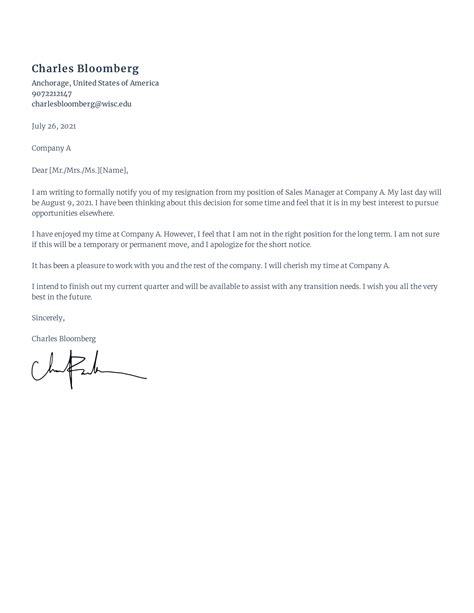Resolving Job Dissatisfaction: Alternative Solutions To Quitting

Job dissatisfaction is a common issue that can lead to a number of negative consequences, including decreased productivity, increased stress, and even physical illness. While quitting may seem like the only solution, there are alternative methods that can help alleviate the problem without leaving your job. In this article, we’ll explore some of these solutions in detail.
Understanding the Source of the Problem
Before we dive into the alternative solutions, it’s important to identify the root cause of your job dissatisfaction. This will help you address the issue more effectively. Here are some common sources of dissatisfaction:
- Poor communication with coworkers or management
- Lack of recognition or appreciation for your work
- Insufficient compensation or benefits
- Boredom or lack of challenge in your role
- Poor work-life balance
Improving Communication
If poor communication is the cause of your job dissatisfaction, there are a few things you can do to address the issue:
- Schedule regular meetings with your manager to discuss your progress and any concerns you may have.
- Be proactive in addressing conflicts with coworkers. Try to have an open and honest conversation to resolve any issues.
- Seek out feedback from your team and use it to improve your performance.
Seeking Recognition
If you feel like you’re not getting the recognition you deserve for your work, here are a few strategies you can try:
- Schedule a meeting with your manager to discuss your accomplishments and ask for feedback.
- Look for opportunities to showcase your skills and expertise, such as presenting at a company meeting or volunteering for a new project.
- Seek out mentorship or coaching from someone in a higher position.
Improving Compensation and Benefits
If you feel like you’re not being compensated fairly or you’re not receiving the benefits you need, consider the following:
- Research industry standards to determine if your compensation is in line with your experience and qualifications.
- Schedule a meeting with your manager to discuss your salary and benefits. Come prepared with research and data to support your request.
- Look for opportunities to increase your skills and qualifications to make yourself more valuable to the company.
Finding Challenge in Your Role
If you’re feeling bored or unchallenged in your role, consider the following:
- Look for opportunities to take on new responsibilities or projects.
- Seek out training or certification programs to increase your skills and qualifications.
- Talk to your manager about your career goals and aspirations.
Improving Work-Life Balance
If your work-life balance is suffering, here are a few strategies you can try:
- Set boundaries around your work hours and stick to them. Avoid checking emails or taking work calls outside of those hours.
- Schedule time for self-care activities, such as exercise, meditation, or hobbies.
- Consider flexible work arrangements, such as telecommuting or flexible hours.
Conclusion
While quitting may seem like the only solution to job dissatisfaction, there are alternative methods that can help you address the issue and improve your overall job satisfaction. By identifying the root cause of the problem and taking proactive steps to address it, you can stay in your current role and still feel fulfilled and happy at work.
FAQs
What should I do if I’ve tried all of these strategies and I’m still unhappy at work?
If you’ve exhausted all of these options and you’re still unhappy at work, it may be time to consider a career change. Look for opportunities that align better with your interests, skills, and values.
How can I stay motivated at work when I’m feeling uninspired?
Try setting goals for yourself and tracking your progress. Look for ways to challenge yourself and take on new responsibilities. Seek out feedback from your team and use it to improve your performance.
How can I improve my work-life balance when I have a demanding job?
Consider setting boundaries around your work hours and making time for self-care activities. If possible, try to negotiate a flexible work arrangement with your employer.
What can I do if I’m not being compensated fairly for my work?
Research industry standards to determine if your compensation is in line with your experience and qualifications. Schedule a meeting with your manager to discuss your salary and come prepared with research and data to support your request.
